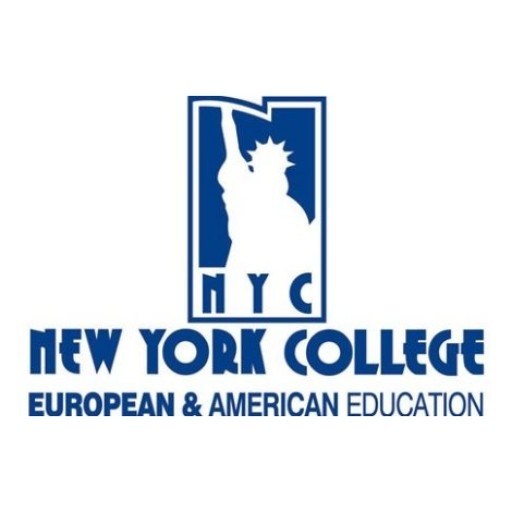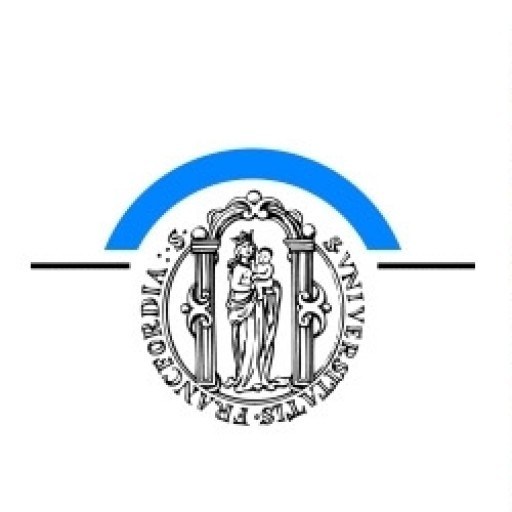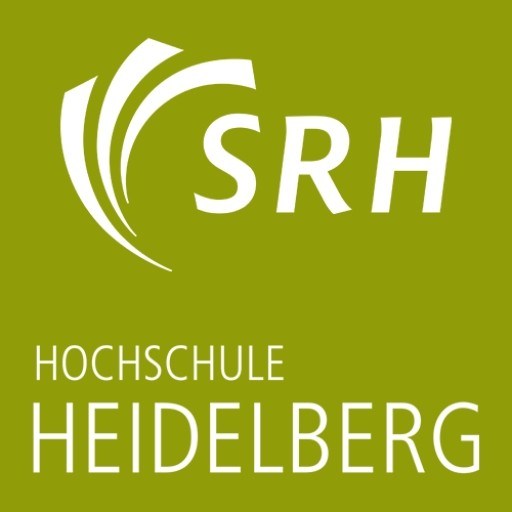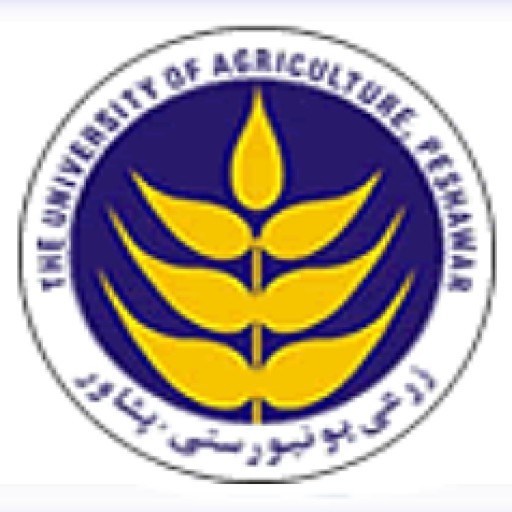Photos of university / #unikassel
The Master's programme International Food Business and Consumer Studies is characterised by a multidisciplinary approach at the interface between agriculture, food business and consumer science within an international context. Our goal is to qualify students to manage complex processes along the food chain, to develop and market food products and related services according to the needs of different consumer groups.
During the first semester, a student takes two elective bridging modules. These modules are designed to compensate for the different levels of students' background knowledge and skills.
Compulsory modules:
From a catalogue of management modules such as Supply Chain Management, Food Quality and Organic Food Processing, Information Systems for the Food Industry, Management of Innovations in the Food Industry, or Management Simulation, three elective modules have to be chosen. A choice of pertinent elective modules is provided in the last study year in order to allow the students to develop individual profiles.
The Master's thesis is an individual research study. It enables the student to generate scientific data independently and to publish the results. Candidates work on problems related to international food economics and consumer science, usually in cooperation with external partners in this field.
During the first semester, a student takes two elective bridging modules. These modules are designed to compensate for the different levels of students' background knowledge and skills.
Compulsory modules:
- "Intercultural communication and management" introduces the key principles of intercultural communication. This includes a firm understanding of one's own cultural determination, sensitivity and appreciation for cultural differences and a keen awareness of synergetic potentials in intercultural contexts.
- "International legislation on consumer protection and food" introduces the key institutions and related administrative bodies in the EU, the labelling of food products, the legislation for production, distribution or sale of novel or functional food, risk management and risk communication, the barriers to the free flow of goods, and the national food control systems in Europe.
- "Marketing research" provides a framework for the understanding of tasks and management of marketing research, the methods of data collection, data analysis and development prognoses, as well as the presentation of market research results for decision support.
- "Project work" provides the opportunity to develop advanced competencies in managing research and development projects. In cooperation with external partners, students work on interdisciplinary problems relevant to international food economics and consumer studies.
- "Recent developments in food and nutritional sciences" covers recent scientific results on food constituents and processing, their physiological effects within various nutritional patterns, and their influence on the quality of raw material and final food products.
- "Consumer science and sustainable consumption" enables the student to understand the social and psychological impact on consumer behaviour, the recent developments in consumption and the deduction of future trends with emphasis on sustainability.
- "Product development and intercultural marketing" explores stages of product development, quality function deployment, processing and product formulations, food chemistry, manufacturing, food regulations, food additives, product testing, shelf-life studies and factors affecting shelf-life.
From a catalogue of management modules such as Supply Chain Management, Food Quality and Organic Food Processing, Information Systems for the Food Industry, Management of Innovations in the Food Industry, or Management Simulation, three elective modules have to be chosen. A choice of pertinent elective modules is provided in the last study year in order to allow the students to develop individual profiles.
The Master's thesis is an individual research study. It enables the student to generate scientific data independently and to publish the results. Candidates work on problems related to international food economics and consumer science, usually in cooperation with external partners in this field.
Educational organisation
The course is delivered over four semesters, starting in October. Teaching is organised on a module-credit basis and is delivered over three semesters. The fourth semester is dedicated to the completion of the Master's thesis. 15 modules must be completed to finish the programme successfully. A module overview and more detailed information on all subjects are available on the website.Learning methods include lectures, workshops, seminars and practical and project work. The module "Project Work" includes intensive group work and teamwork activities.
Each course module is assessed individually, generally on the quality of written or visual presentation work and on verbal presentations. Assessment methods may include reports, seminar papers, formal written examinations, project work, visual and verbal presentations, workshops, simulations and practical exercises. The majority of the assessments are based on individual assignments but group work is also assessed.
The unique features of the programme - "short paths", traditions in project-oriented teaching and work and individual contacts between teachers and students - create optimal conditions for an excellent learning approach in the programme.
The is a joint degree programme between two German universities: Fulda University of Applied Sciences (Nutritional, Food and Consumer Sciences) and Universität Kassel (Organic Agricultural Sciences). The main course location is Witzenhausen. Classes are taught regularly in Fulda.
Study abroad unit(s)
German students are required to earn at least 12 ECTS abroad. Students holding a first degree from a university outside Germany are not expected to spend a semester abroad.Internships
No internship included, but recommended; support and contacts to companies and institutions availableForms of assessment
Practical collaborative/group projects, written assignments, presentations and written/oral examinations, and Master's thesisCourse objectives
The programme qualifies students to take on responsibility for tasks in food enterprises and related organisations which are active on a national and international scale. Graduates are particularly qualified to work at the "interfaces" between various cultures.In order to prepare students for this occupational field, the programme provides them with the skills needed to plan, carry out, document and evaluate complex projects professionally, especially in the fields of product quality, product development, innovation, intercultural marketing and the management of processes, data and accounts within food supply chains. Students are also trained in interdisciplinary work and intercultural communication focusing on cultural differences and their effects on consumer and organisational behaviour. Students also learn how to conduct scientific research in food and consumer sciences and economics. Moreover, the programme encourages students to work according to the principles of ethics and sustainability.
Language requirements
Applicants whose first language is not English should be able to demonstrate a satisfactory level of spoken and written English and provide a proof of their language skills in English, level C1 according to CEFR or equivalent (e.g. TOEFL - internet-based, IELTS or an equivalent certificate).Further information: http://www.hs-fulda.de/ifbc
Academic requirements
The programme attracts students from a wide range of backgrounds, disciplines and nationalities. Applicants are welcome from academic disciplines in the field of nutrition, food and consumer sciences, food technology or agricultural science. Candidates with a background in economics and related fields should possess appropriate knowledge and skills at degree standard in fields related to food and agricultural economics/business.Admission is normally open to those with a good undergraduate honours degree (or equivalent overseas degree from a recognised institution) with a "B (upper division) grade" average assessment on the final certificate or an average final grade of at least 2.5 on the German scale.
Want to improve your English level for admission?
Prepare for the program requirements with English Online by the British Council.
- ✔️ Flexible study schedule
- ✔️ Experienced teachers
- ✔️ Certificate upon completion
📘 Recommended for students with an IELTS level of 6.0 or below.
Enrolment fees
Mandatory registration fees allow students to use public transport free of charge and the university's refectories and cafeterias at reduced prices. For example, the registration fee for the summer semester of 2016 amounted to approx. 275 EUR.Costs of living
In order to cover personal expenses while studying in Kassel, it is recommended that students budget around 750-900 EUR per month for accommodation, food, health insurance, books, and miscellaneous expenses.Job opportunities
Students may apply for part-time jobs or work as student assistants on campus. Please have a look at http://www.uni-kassel.de. Some departments also provide positions as tutors or student assistants. However, with only basic knowledge of German (or none), job opportunities are limited.Arrival support
An orientation week is regularly offered to international students. During information sessions, tours, excursions, events, and leisure-time activities, international students get to know their departments, courses, the campus, and life in Kassel or Witzenhausen and become acquainted with their lecturers and fellow students. Students get the chance to make new friends during the campus rally or at the get-together brunch. Senior student tutors will assist foreign students with any questions or problems they may encounter during their stay.Services and support for international students
Orientation week at the main site in Kassel: owoche@uni-kassel.deSupport service at the campus site in Witzenhausen: tutor-int@uni-kassel.de
Contact for exchange students: sabineernst@uni-kassel.de
Welcome Centre: http://www.uni-kassel.de/go/welcome-centre











